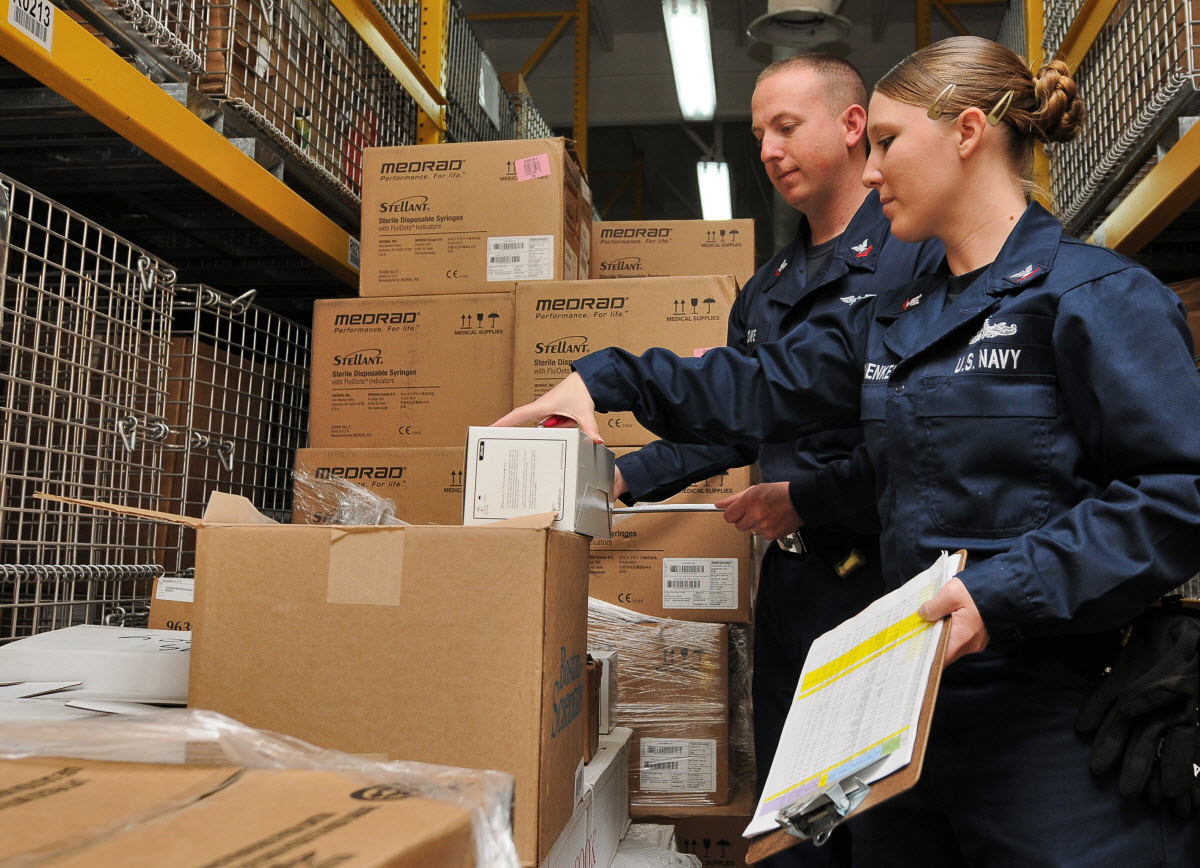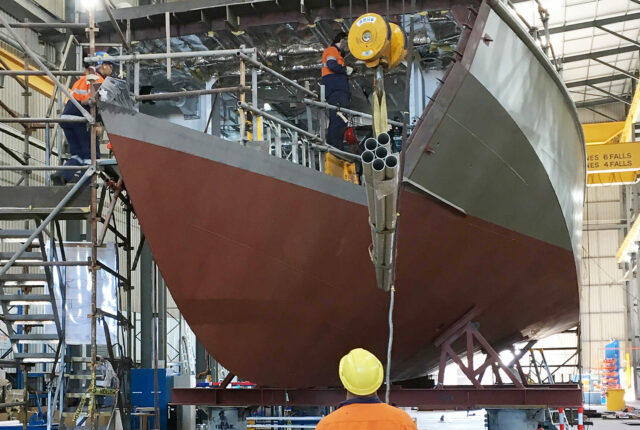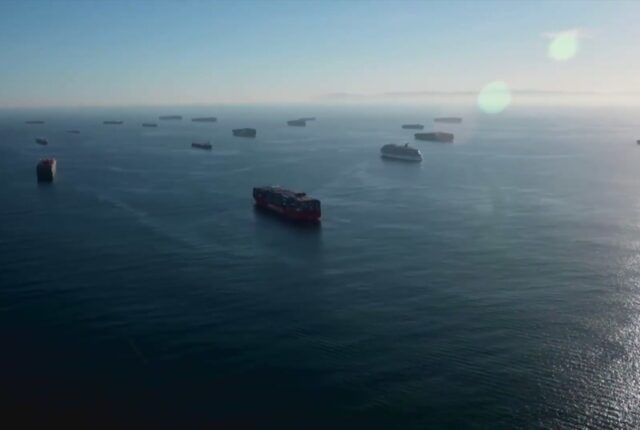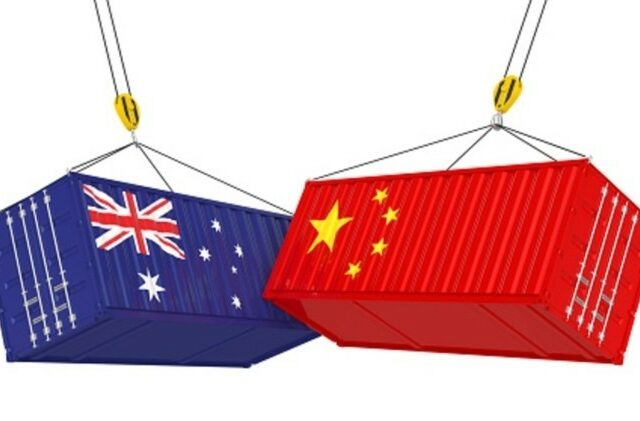
Customs Clearance Delays: Causes and Solutions for Logistics Companies
Customs clearance is an essential process that all goods must go through before they can be shipped across international borders. It involves the verification of import/export documentation, payment of duties and taxes, and inspection of goods. However, customs clearance delays can be a significant obstacle for logistics companies, causing frustration and potential financial losses. In this article, we will explore the causes of customs clearance delays and effective solutions for logistics companies to minimize such delays.
Causes of Customs Clearance Delays
- Incomplete Documentation
One of the most common causes of customs clearance delays is incomplete or inaccurate documentation. If the documentation is not complete, it can cause delays in the clearance process as customs officials will have to spend additional time verifying the accuracy of the information. In some cases, the documentation may even be rejected, causing further delays.
- Inaccurate Information on the Documentation
Another cause of customs clearance delays is inaccurate information on the documentation. This can include incorrect product descriptions, values, and even the origin of the goods. Customs officials will need to verify this information, which can be time-consuming and cause delays.
- Inspection of Goods
Customs officials may decide to inspect the goods before they are cleared, which can cause additional delays. This can happen if they suspect that the goods may be prohibited or restricted, or if there are concerns about the safety or security of the goods.
- Customs System Issues
Another cause of customs clearance delays is system issues with the customs authorities. This can include technical issues with their computer systems or a backlog of clearance requests, which can cause delays in the clearance process.
Solutions for Logistics Companies
- Ensure Complete and Accurate Documentation
Logistics companies can help minimize customs clearance delays by ensuring that all documentation is complete and accurate before it is submitted for clearance. This can include ensuring that the product descriptions are correct, and all relevant documents are included, such as certificates of origin and import/export licenses.
- Use a Customs Broker
A customs broker is a third-party service provider that specializes in customs clearance procedures. They can help ensure that all documentation is complete and accurate, and can even handle the clearance process on behalf of the logistics company.
- Stay Up-to-Date with Customs Regulations
Logistics companies should stay up-to-date with customs regulations in the countries where they operate. This can include understanding the requirements for import/export documentation, as well as any restrictions or prohibitions on certain goods.
- Use Technology to Streamline the Clearance Process
Using technology can help streamline the customs clearance process, reducing the risk of delays. For example, logistics companies can use electronic data interchange (EDI) to submit clearance documents electronically, which can help reduce the time it takes to process the documents. Additionally, they can use automated customs clearance software, which can help ensure that all required documents are included, and reduce the risk of errors.
- Plan Ahead
Planning ahead can also help minimize customs clearance delays. Logistics companies should allow plenty of time for the clearance process, especially if they are shipping goods to countries with complex clearance procedures. Additionally, they should consider shipping their goods during off-peak periods, when clearance times may be shorter.
Conclusion
Custom clearance delays can be a significant obstacle for logistics companies, causing frustration and potential financial losses. However, by understanding the causes of such delays and implementing effective solutions, logistics companies can minimize the risk of delays and ensure that their goods are cleared quickly and efficiently. By following the solutions outlined in this article, logistics companies can ensure that their customs clearance process runs smoothly, allowing them to focus on their core business operations.






